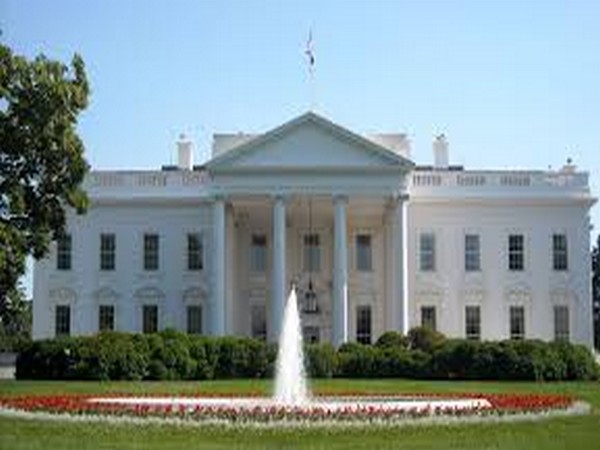COLUMN-U.S. election adds another twist to sterling's Brexit blues :Mike Dolan

- Country:
- United States
With no silver lining in the Brexit cloud weighing on sterling, November's U.S. presidential election is now emerging as yet another potential drag on a much-unloved British pound. Despite brief bursts of optimism in 2017 and after last year's British election, speculators have been down on the pound since the country voted to leave the European Union in 2016.
The COVID-19 shock to the economy and the prospect of a more protectionist post-pandemic world ask more questions of the country's future after Brexit, making the prospects of a sustained sterling turnaround this year hard to envisage. The Bank of England trade-weighted sterling index relapsed and hit record lows in March and despite a modest recovery since remains 12% weaker than it was before the Brexit vote.
Prime Minister Boris Johnson insists that, regardless of the slump, Britain will not extend a 12-month transition period for leaving the EU even if no subsequent trade deal is in place. But attempts by his government to take out insurance on a 'no deal' Brexit by accelerating bilateral trade talks with the United States last month have also run into the sand.
And this introduces the new twist to the pound's many conundrums. Joe Biden's early opinion poll lead over Brexit-supporter Donald Trump makes U.S. trade gambit more uncertain, given the Democrat challenger's previous skepticism about Brexit while vice president under Barack Obama. The latest betting and prediction markets give Biden a 17 point lead, the widest since he moved ahead a month ago.
Trump has backed Brexit from the outset, holding out the prospect of rushing a bilateral trade deal through, whereas Biden has said little in relation to it over the past year, but has reiterated he "would have preferred a different outcome". Market strategists say a Biden win could complicate the already frustrating EU exit process even further and question assumptions that all will work out in the end.
"There is a general perception the worst-case outcome will be avoided," Morgan Stanley's cross-asset strategist Andrew Sheets said, adding: "But what happens in November could weigh on those calculations." In a possible sign of things to come, U.S. business lobby The Chamber of Commerce last month urged Britain to reset relations with the EU before pushing ahead with bilateral deals.
It stressed that U.S. firms had invested more than $750 billion in Britain, in large part to secure access to the EU single market before Brexit. While trade minister Liz Truss said on Wednesday that Britain had no deadline for a U.S. deal, she criticized Washington for talking a good game on free trade while restricting import access.
Back in Brussels, EU negotiator Michel Barnier says he is "disappointed" by Britain's refusal to negotiate on foreign policy and defense, although he could see some flexibility on conflicting positions on fisheries, transport, and state aid. Talks are planned for every week until the end of July but are then due to breaking until mid-August.
BRITISH BLUES British companies, the economy, and the pound face several months in no-man's land at a very sensitive time.
While the world economy was sunk by the coronavirus, Britain has suffered more than most, partly due to heavy dependence on service sector firms and a perceived delay in the government's initial move to lock down the economy. The International Monetary Fund on Wednesday forecast the UK would contract more than 10% this year a bigger hit than advanced economies overall and a deeper slump than Germany, Japan, or the United States.
What's more, the pound has also become far more fragile in recent years, research by Bank of America's Kamal Sharma and Myria Kyriacou shows, with erratic trading flows, poor liquidity, and far higher implied volatility than major counterparts. And with the risk of Britain becoming untethered from major trading blocs while saddled with huge budget and trade deficits, sterling is behaving more like an emerging market currency, they say.
"The pound is in the process of evolving into a currency that resembles the underlying reality of the British economy: small and shrinking with a growing dual deficit problem similar to more liquid emerging market currencies," the Bank of America team concluded.
(This story has not been edited by Devdiscourse staff and is auto-generated from a syndicated feed.)










